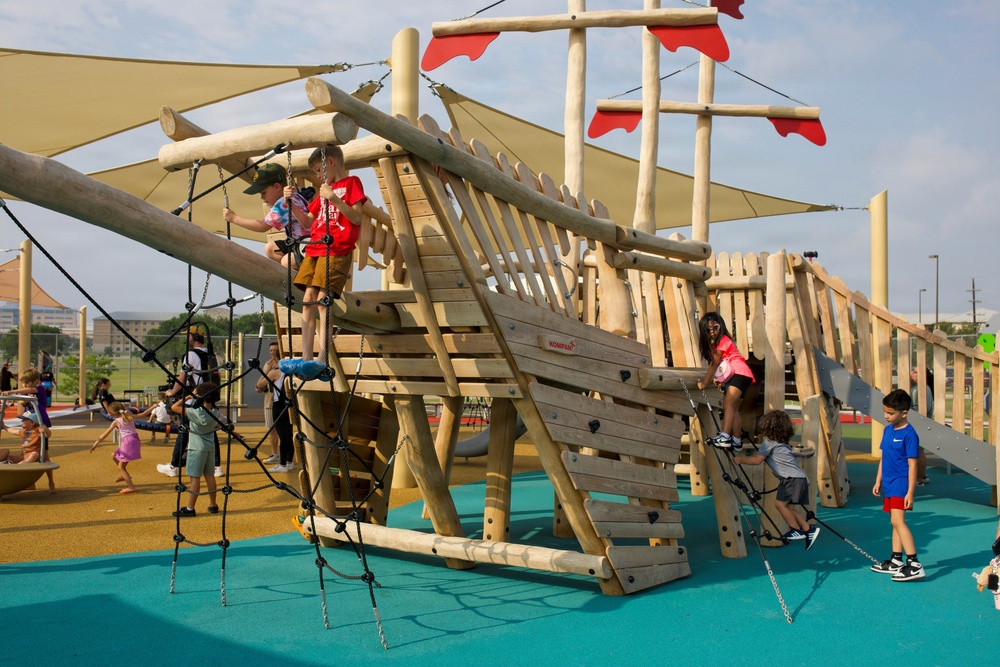Purdue University partners with US Space Force
The university will help provide manpower and research to the military branch.
WEST LAFAYETTE, Ind. — The United States Space Force announced Wednesday it is partnering with Purdue University to help provide manpower and research in the years ahead.
Gen. David Thompson, himself a Purdue alum, signed the official agreement along with Purdue University President Mitch Daniels in front of Hovde Hall.
“As we envisioned what we needed in the Space Force, the ability to operate, to have leaders who understood the challenges – physically and technically from a science and engineering standpoint – we knew we needed to relook at how we train and educate our force and how we pursue the research and science and technology required to be able to do that,” said Thompson. “And when you think about all those things and you think about the connection to space, you can imagine that the first university on the list we sought to engage was Purdue University.”
The partnership includes scholarships for interested ROTC students who are studying in academic areas needed by the Space Force.
“We will screen them coming in but for the program, we will fund anybody coming in whose interested,” said Thompson. “Even if they don’t end up in the Space Force, if they end up in the Air Force, somewhere else serving the nation’s science and technology needs, that’s a win for the Space Force. That’s a win for the nation.”
Partnering in research
Another piece of the partnership includes research.
Thompson said the Space Force will provide funding and topics of research and will then send their own personnel to join in that research while pursuing advanced degrees.
Thompson said private research partnerships already underway at Purdue also made the university attractive. Earlier this year, Purdue announced plans for a first-of-its-kind hypersonic testing facility.
MORE: 19-year-old becomes Indiana’s first Space Force recruit
Daniels and Thompson called the partnership with the Space Force a fit that makes sense, given the university’s reputation as “The Cradle of Astronauts” and its role in space, flight, engineering and research.
“We are a public university. National security and the defense of all of us is the number one assignment of government,” said Daniels. “If we can help in any way, and clearly we are in a position to help, then it’s not just an appropriate thing to do. It’s an obligation, it’s a duty and we will meet it.”

![DVIDS – Images – Starlink 6-96 Launches from Cape Canaveral Space Force Station [Image 1 of 2] DVIDS – Images – Starlink 6-96 Launches from Cape Canaveral Space Force Station [Image 1 of 2]](https://101veterans.com/wp-content/uploads/2026/01/1768154754_1000w_q95.jpg)
![DVIDS – Images – 31 ATF demonstrates mobile command and control capabilities [Image 2 of 11] DVIDS – Images – 31 ATF demonstrates mobile command and control capabilities [Image 2 of 11]](https://101veterans.com/wp-content/uploads/2026/01/1768111494_1000w_q95.jpg)
